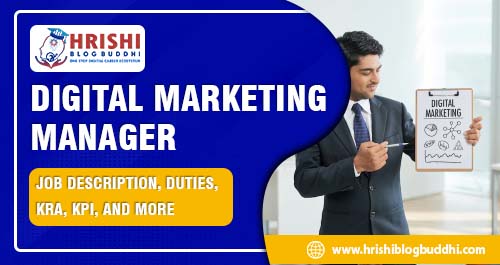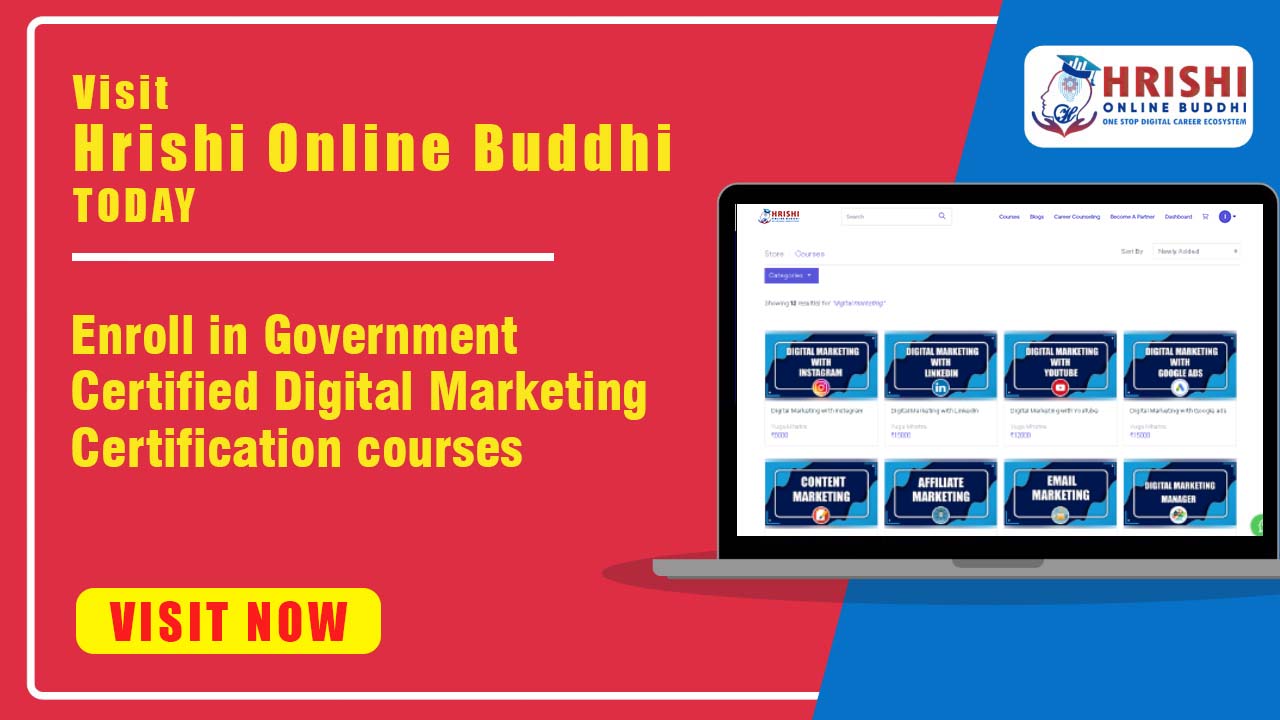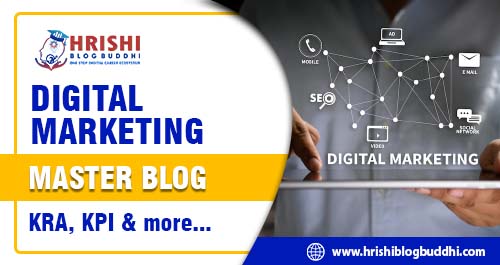| Digital Strategy Development | Website Traffic | Measure the number of visitors to the company’s website, indicating the effectiveness of digital strategies in attracting online traffic. |
| | Conversion Rate | Track the percentage of website visitors who complete a desired action, such as making a purchase or filling out a contact form. |
| | Engagement Rate | Monitor the level of interaction (likes, comments, shares) on digital platforms to assess the effectiveness of content in engaging the target audience. |
| Campaign Management | Return on Investment (ROI) | Calculate the revenue generated from digital marketing campaigns compared to the cost invested, indicating the profitability of marketing efforts. |
| | Click-Through Rate (CTR) | Measure the percentage of people who click on a specific link or ad compared to the total number of people who viewed it, indicating ad effectiveness. |
| | Cost per Acquisition (CPA) | Determine the average cost of acquiring a customer through digital marketing efforts, helping to optimize campaign spending. |
| Social Media Management | Follower Growth Rate | Track the increase in the number of followers on social media platforms over time, indicating the effectiveness of content and engagement strategies. |
| | Social Media Reach | Measure the number of unique users who have been exposed to a piece of content on social media, indicating the brand’s visibility and influence. |
| | Social Media Engagement | Evaluate the level of interaction (likes, comments, shares) on social media posts, indicating the effectiveness of content in engaging the audience. |
| Content Creation & Curation | Content Engagement Rate | Monitor the level of interaction (likes, comments, shares) on blog posts, videos, or other content, indicating its effectiveness in engaging the audience. |
| | Content Quality Score | Assess the relevance, accuracy, and usefulness of content based on audience feedback or ratings, ensuring high-quality content creation. |
| | Content Publishing Frequency | Track the frequency of publishing new content across digital channels, ensuring consistent and timely delivery of information to the audience. |
| Data Analysis & Reporting | Return on Ad Spend (ROAS) | Calculate the revenue generated from advertising compared to the cost of the advertising, indicating the effectiveness of ad campaigns. |
| | Customer Lifetime Value (CLV) | Estimate the total revenue a customer will generate over their lifetime, helping to prioritize marketing efforts towards high-value customers. |
| | Digital Marketing Analytics | Utilize tools like Google Analytics to analyze website traffic, user behavior, and campaign performance, providing insights for strategic decision-making. |









